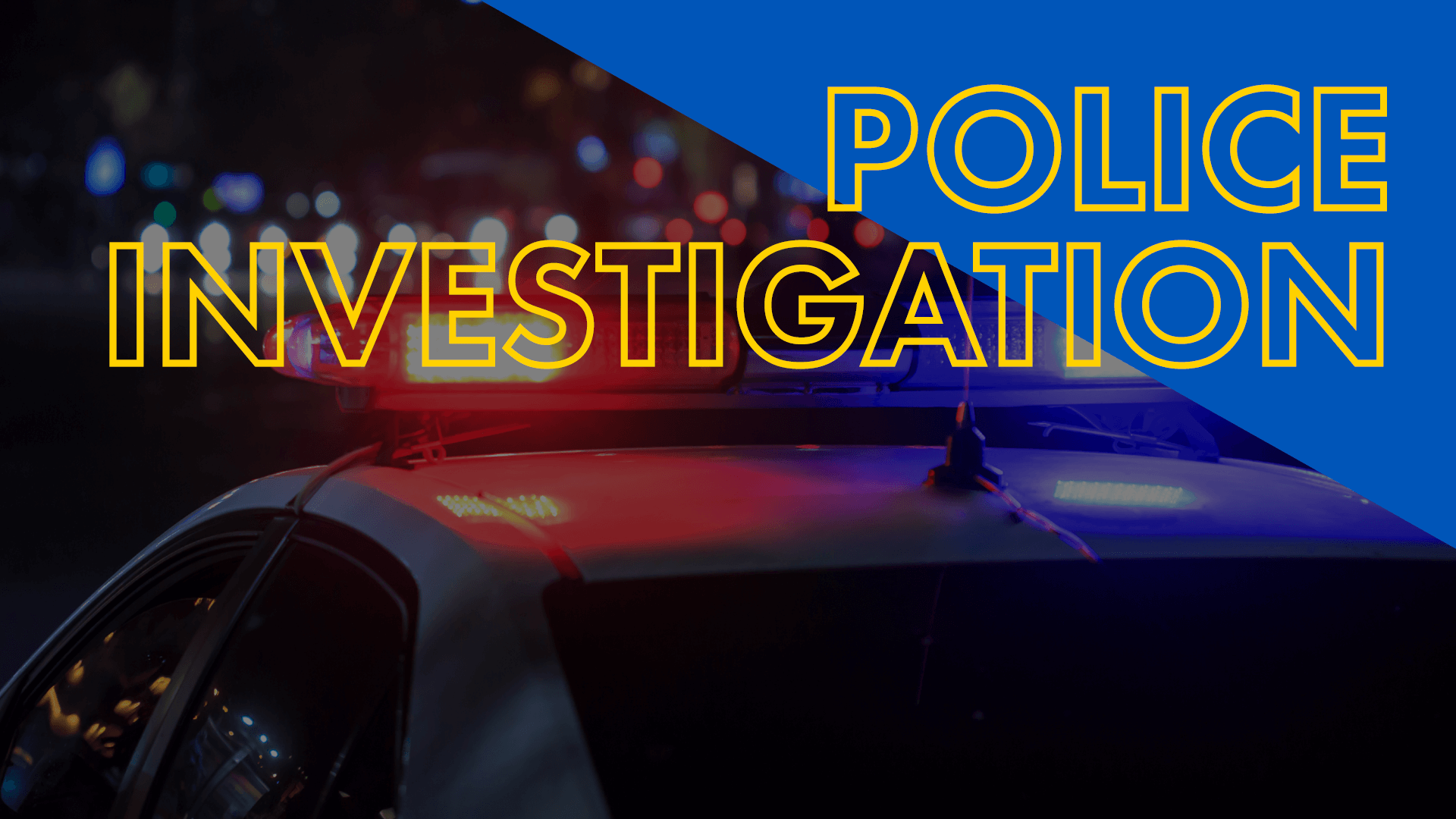
Last week, the contain code that gives developers access to “anonymous, precise location data.”
That data can then be sold or analyzed by app makers to cater to advertisers seeking insights into consumer behavior.
The data itself doesn’t include any identifying information about you, but it isn’t actually anonymous either. Employees of app companies or clients can easily follow patterns, like where someone sleeps or goes to work every day, to determine the identity of the person behind the data.
That all sounds pretty scary, right?
The good news is, it’s actually pretty easy to turn off location sharing on your apps. You can find a .
Now once you’ve removed location tracking from apps that don’t need, make sure you are properly assessing apps before downloading them so you don’t end up downloading malicious software.
Make sure to stick to trusted sources for your apps, such as the Play store, App store and Amazon.
Read the reviews to make sure you’re not downloading a scam app. Many times, you can find a clear warning signs of a bad app from other users’ reviews.
You should also check which permissions it asks for. Be wary of apps that ask for permission to run in the background, launch other apps, or control the keyboard, phone and messaging functions. If you can’t figure out why the app would need these permissions to run, steer clear.
After you’ve downloaded an app, there’s some warning signs you can watch out for too such as apps that disappear from your home screen, if it displays strange behavior when you launch it. Apps can also be programmed to secretly mine for cryptocurrency, or show ads when you’re not using it. One sure sign that an app is up to no good behind your back is if it drains your battery or uses up a lot of data.

© 2023 - 910 Media Group


